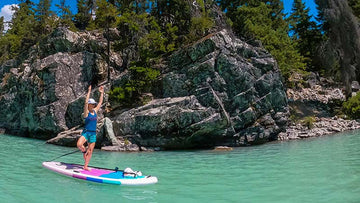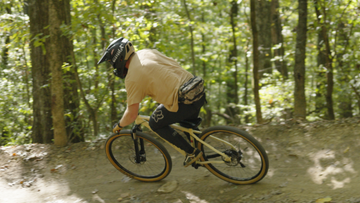Leave No Trace & Outdoor Ethics

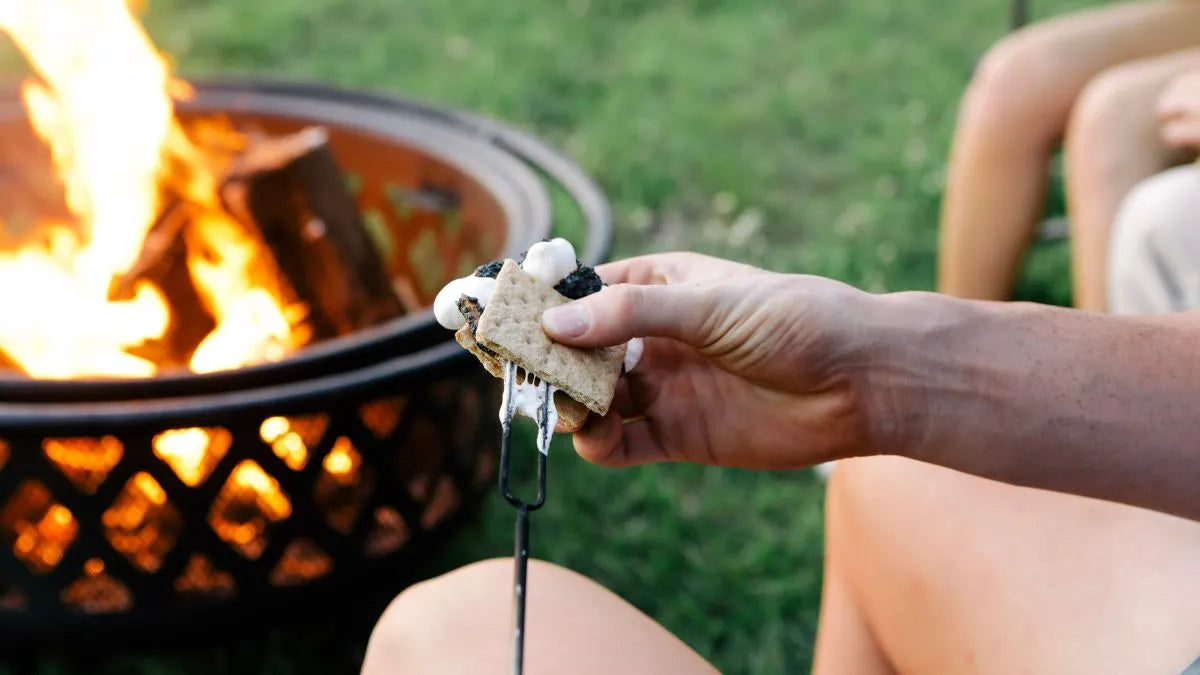
When enjoying the great outdoors, it is crucial to adopt responsible practices that minimize our impact on the environment. Leave No Trace is an essential set of principles that promotes outdoor ethics and guides individuals on how to preserve and protect natural spaces. This article will delve into the core concepts of Leave No Trace and provide practical tips on implementing them during outdoor adventures.
Leave No Trace is a set of principles that originated in the 1960s with the increasing popularity of outdoor activities and the recognition of the impact humans were having on natural spaces. It was advocated by various organizations and individuals dedicated to preserving the environment and promoting sustainable outdoor practices. The Leave No Trace, a non-profit organization, has been at the forefront of promoting these principles worldwide.
Leave No Trace has proven to be an effective approach in protecting the outdoors and ensuring its longevity. Studies have shown that practicing Leave No Trace principles significantly reduces the environmental impact of outdoor activities. For example, research conducted in popular hiking areas found that properly designed trails and Leave No Trace education reduced soil erosion by up to 92% and decreased trail widening by up to 81%. These statistics highlight the critical role Leave No Trace plays in preserving the integrity of natural spaces.
The Principles of Leave No Trace
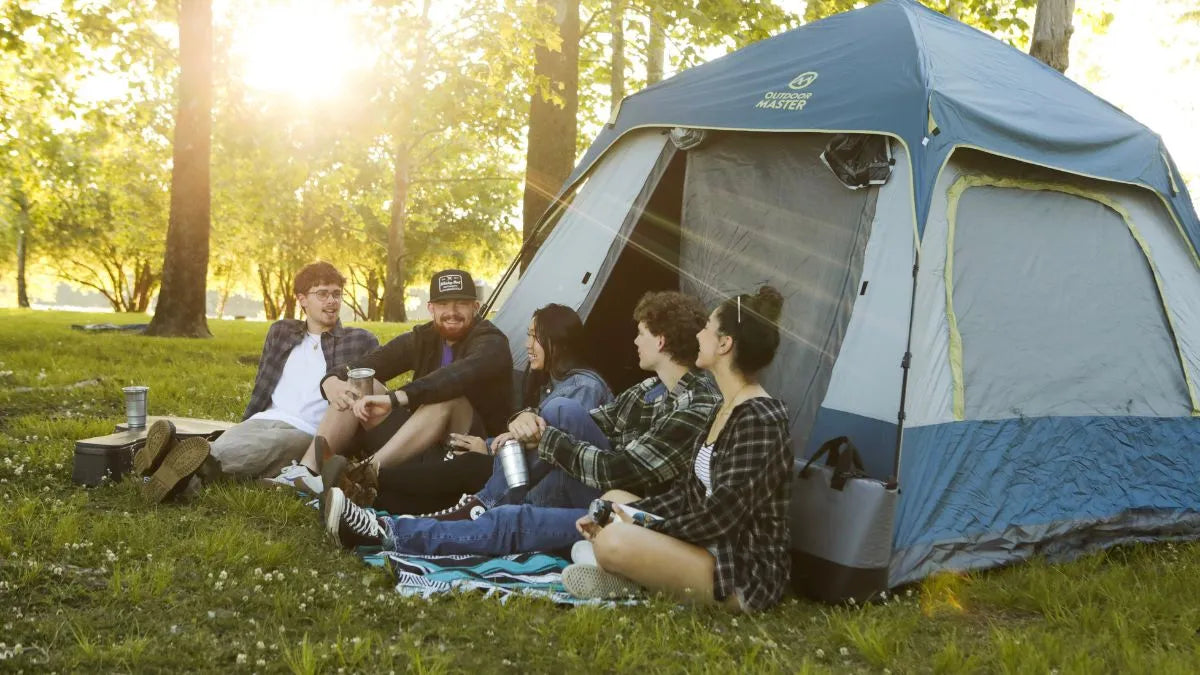
Leave No Trace consists of seven principles that serve as a framework for responsible outdoor behavior. These principles are designed to maintain the integrity of the environment while allowing people to enjoy and appreciate nature.
1. Plan Ahead and Prepare
Before embarking on any outdoor excursion, thorough planning is essential. Research the area, check the weather conditions, and ensure you have the necessary equipment and skills for the trip. Proper planning helps prevent accidents and minimizes the need for resource-intensive rescues.
2. Travel and Camp on Durable Surfaces
When exploring the outdoors, stick to established trails and campsites whenever possible. Concentrating impact on durable surfaces like rock, gravel, or dry grass helps protect fragile ecosystems and prevents unnecessary damage to vegetation.
3. Dispose of Waste Properly
One of the fundamental principles of Leave No Trace is proper waste disposal. Carry out all trash, including food scraps and biodegradable waste. Human waste should be buried in catholes dug at least 6-8 inches deep and at least 200 feet away from water sources.
4. Leave What You Find
Preserving the natural environment is crucial for future generations. Leave plants, rocks, and historical artifacts as you find them to maintain the integrity of the area. Avoid introducing non-native species or removing anything from the ecosystem.
5. Minimize Campfire Impacts
Campfires can have long-lasting effects on the environment. Minimize campfire impacts by using established fire rings or fire pans, keeping fires small, and using only local firewood. Always abide by fire regulations and ensure the fire is completely extinguished before leaving.
6. Respect Wildlife
Observe wildlife from a safe distance and never feed or approach them. Human food can harm animals and alter their natural behavior. Store food securely and dispose of waste properly to prevent attracting wildlife to campsites.
7. Be Considerate of Other Visitors
Respect the rights of other outdoor enthusiasts. Keep noise levels low, yield to others on the trail, and maintain a friendly and inclusive atmosphere. By practicing courtesy and consideration, we can all enjoy the outdoors harmoniously.
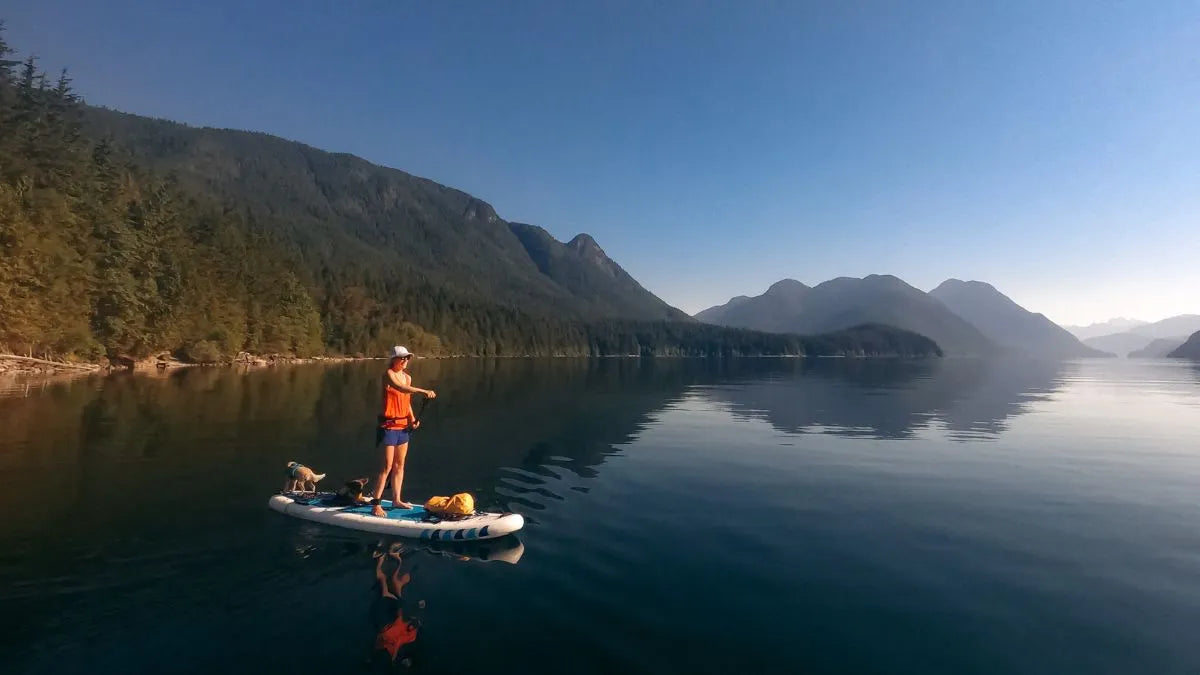
Benefits of Leave No Trace
Adhering to Leave No Trace principles provides numerous benefits for both individuals and the environment. By practicing responsible outdoor ethics, we can:
- Protect delicate ecosystems and preserve biodiversity.
- Minimize soil erosion and water pollution.
- Maintain the aesthetic beauty of natural spaces.
- Enhance the overall wilderness experience for ourselves and future generations.
- How to Practice Leave No Trace
To effectively practice Leave No Trace, it is essential to incorporate its principles into every outdoor excursion. Here are some practical tips for implementing Leave No Trace ethics:
Leave No Trace How-tos
1. Planning and Preparation
- Research the area you plan to visit and familiarize yourself with any specific regulations or restrictions.
- Create a detailed itinerary and share it with a trusted friend or family member.
- Pack appropriate gear, including lightweight and durable equipment.
- Consider the carrying capacity of the area and avoid overcrowding.
2. Campsite Selection and Setup
- Choose established campsites whenever possible to minimize impact.
- Set up tents and campfires on durable surfaces like rock or gravel.
- Keep your campsite small and avoid trampling vegetation.
- Use biodegradable soap and wash dishes and utensils at least 200 feet away from water sources.
3. Waste Management
- Pack out all trash and litter, leaving no trace behind.
- Dispose of human waste properly by digging catholes at least 200 feet away from water sources and popular trails.
- Carry a sealable bag for used toilet paper and sanitary products.
- Pack out all hygiene products and do not contaminate water sources.
4. Respect for Wildlife
- Observe wildlife from a distance using binoculars or a camera.
- Never approach, feed, or disturb animals.
- Keep food and scented items securely stored to prevent attracting wildlife.
- Minimize noise levels to avoid stressing wildlife.
5. Leave No Trace for Day Hikers
- Stick to established trails and avoid creating shortcuts.
- Take breaks and rest on durable surfaces to avoid damaging vegetation.
- Leave natural and cultural artifacts untouched.
- Follow the principles of waste management, even for short trips.
6. Leave No Trace for Backpackers
- Use lightweight camping equipment to minimize impact during long trips.
- Camp at established sites or on durable surfaces.
- Cook with a camp stove instead of building campfires.
- Respect any specific regulations regarding backcountry travel and camping.
7. Leave No Trace for Cyclists
- Stick to designated trails and avoid off-trail riding to prevent damage to vegetation and ecosystems.
- Respect trail closures to protect sensitive areas and wildlife habitats.
- Yield to other trail users and keep noise levels low for a pleasant outdoor experience.
8. Leave No Trace for Snowboarders and Skiers
- Stay on designated slopes to minimize impacts on fragile alpine vegetation and ecosystems.
- Pack out all trash, including food wrappers and equipment packaging, to keep mountain environments clean.
- Follow resort rules and regulations to ensure the preservation of natural areas.
9. Leave No Trace for SUP/Kayak/Canoe/Surfing Enthusiasts
- Properly dispose of waste and use biodegradable cleaning products to protect aquatic ecosystems.
- Respect wildlife and sensitive habitats by maintaining a safe distance and avoiding disturbances.
- Minimize the use of motorized watercraft in environmentally sensitive areas.
Outdoor Master: Protecting the Environment with Passion
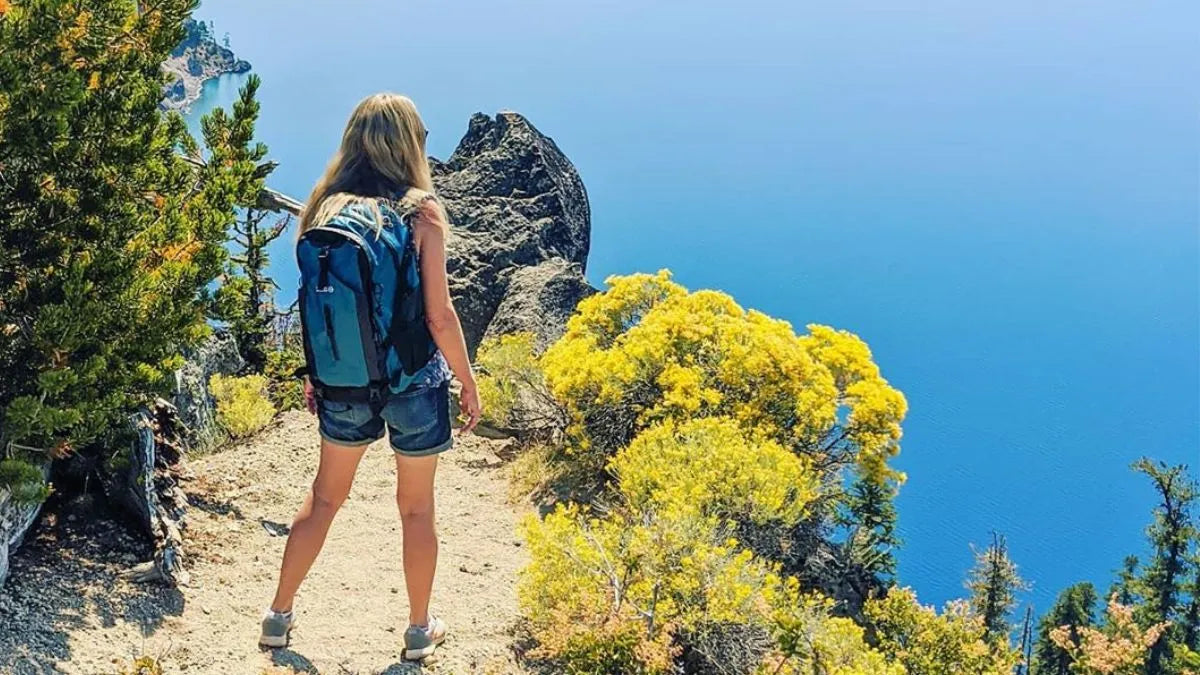
At Outdoor Master, we have a deep passion for the outdoors and a strong commitment to preserving the natural beauty that surrounds us. We believe that it is our responsibility to protect and care for the environment, not only for ourselves but for future generations as well. That's why we have taken concrete steps to make a positive impact and raise awareness about the importance of environmental conservation.
Supporting the POW Organization: Empowering Winter Sports and Environmental Advocacy
We proudly stand alongside the Protect Our Winters (POW) organization in their mission to protect our planet through the promotion of winter sports and environmental activism. By donating to POW, we are supporting initiatives that educate the public about the significance of safeguarding our environment. We believe that when we unite our efforts, we can inspire positive change and ensure that our planet remains a thriving and vibrant place for years to come.
Eco-Friendly Measures: Leading by Example
In our quest to reduce our ecological footprint, we have implemented numerous eco-friendly measures throughout our operations. From our office to our production processes, we strive to minimize waste generation and resource consumption. Our dedicated team is constantly exploring innovative solutions that align with our commitment to sustainability. We recognize that small actions can create significant change, and we are determined to make a positive impact on the environment.
Introducing Eco-Friendly Ski Goggles: Where Style Meets Sustainability
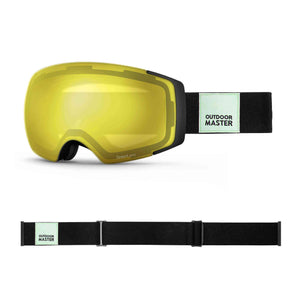
Eco-friendly Snow Goggles
Pro Plus Series - Limited Edition
Shop NowWe are thrilled to introduce our latest innovation: the Eco-Friendly Ski Goggles. With these goggles, we aim to merge style and sustainability into a single product. Crafted from 95% biodegradable cotton and bamboo extracts, they exemplify our dedication to protecting the environment without compromising performance or design. By choosing these goggles, you become a part of our shared mission to preserve the natural wonders that we all hold dear.
Collaborating with Simon Beck: Art as a Catalyst for Change

OM X Simon Beck Art Snow Goggles
Pro Series - Snowshoeing Art Limited Edition
Shop NowIn a truly inspiring collaboration, we joined forces with snowshoeing artist Simon Beck. Through his mesmerizing footprints in the snow, Simon captures the beauty of nature and draws attention to the importance of environmental preservation. Together, we have brought Simon's art to life on our ski goggles, using them as a canvas to spark conversations and ignite a passion for protecting our planet. It is a testament to the power of art and the impact we can create when we come together for a common cause.
World's First Recyclable Shoes: Pioneering a Sustainable Footwear Revolution

ZebraOasis Hemp Shoes
Comfy Like Slippers | Recycled-CO₂-Foaming Sole | Work, Travel, Urban Commuting
Shop NowRecognizing the staggering environmental impact of discarded shoes, we set out to revolutionize the industry. Our Hemp Shoes, featuring our innovative R-ring technology, are designed with sustainability at their core. By easily separating them into two parts, we enable efficient recycling within local communities. This breakthrough significantly reduces the number of shoes ending up in landfills, preserving resources and mitigating carbon emissions. With each step, you become an ambassador for sustainable practices, making a difference with every stride.
Conclusion
Leave No Trace is an indispensable framework for outdoor enthusiasts who wish to enjoy nature responsibly. By following the seven principles, we can minimize our impact on the environment and preserve the beauty and integrity of natural spaces for future generations. So, the next time you venture into the great outdoors, remember to leave no trace and embrace the principles of Leave No Trace.
Frequently Asked Questions (FAQs)
What is the purpose of Leave No Trace?
The purpose of Leave No Trace is to guide outdoor enthusiasts on responsible practices that minimize their impact on the environment and preserve natural spaces.
Are Leave No Trace principles applicable to all outdoor activities?
Yes, Leave No Trace principles are applicable to various outdoor activities such as hiking, camping, backpacking, fishing, and wildlife observation.
How can I minimize my campfire impact?
To minimize campfire impacts, use established fire rings or fire pans, keep fires small, and only use local firewood. Ensure the fire is completely extinguished before leaving.
Is it essential to practice Leave No Trace for day hikes?
Yes, practicing Leave No Trace is equally important for day hikes to minimize the impact on the environment and preserve the integrity of natural areas.
What are the benefits of practicing Leave No Trace?
Practicing Leave No Trace helps protect ecosystems, preserve biodiversity, minimize pollution, and enhance the overall outdoor experience for ourselves



